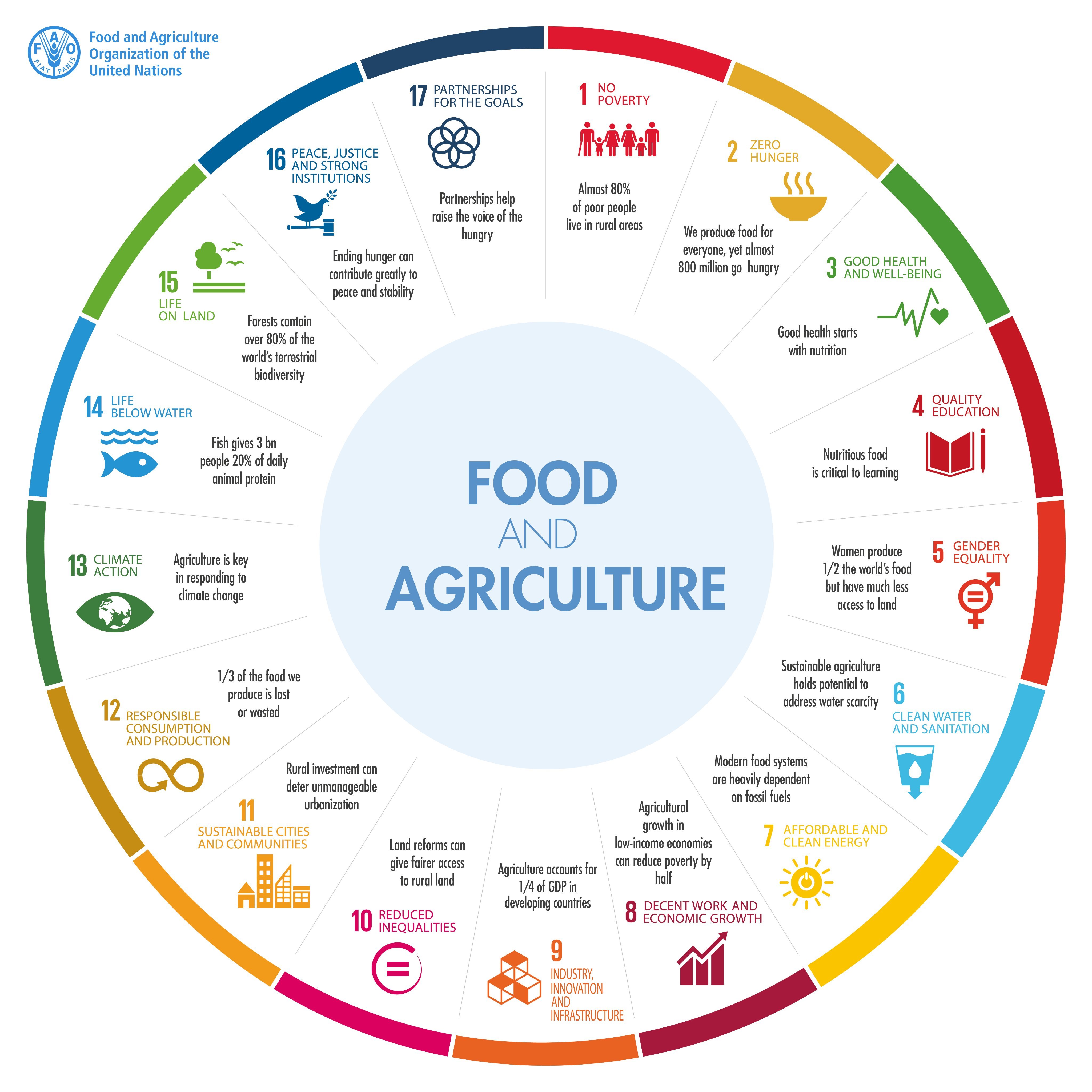Last July, the Amsterdam Royal Zoo (Artis) in the Netherlands hosted the inaugural Planetary Health Congress. Planetary Health is a relatively new scientific discipline with a holistic perspective on health and sustainability, emphasizing the significant role played by proper nutrition and responsible food production. Dutch professor and food scientist, Jaap Seidell, detailed how our food production and consumption methods impact all the United Nations Sustainable Development Goals (SDGs).
Also read part 2 of this diptych about the ‘planetary health’ »
Jaap Seidell emphasized the importance of a future-proof global food system to achieve the Sustainable Development Goals of the United Nations by the set deadline of 2030, as food and agriculture touch on all 17 UN Sustainable Development Goals. Feeding the world's population nutritious, increasingly plant-based, minimally processed, and sustainably produced food, should be a top priority, according to Seidell. He added that this might be the only way to achieve all SDGs.
Foundation of SDGs: Food and Agriculture

Food, agriculture, and food production are the basis of sustainable development. Some statistics that underline this include:
-
Nearly 80% of people facing poverty live in rural areas.
-
Globally, we produce ample food, yet almost 800 million people go hungry every day.
-
Our current food system is still heavily reliant on fossil fuels.
-
Agriculture accounts for a quarter of GDP in developing countries.
-
Investments in rural areas can counter rampant urbanization.
-
One third of all the food we produce is wasted or thrown away.
-
Eradicating hunger can contribute significantly to peace and stability.
Good nutrition is key to achieving all SDGs
Many of the Sustainable Development Goals directly or indirectly influence food security. A holistic approach to food security and a strong commitment to sustainability of our food system are essential. That's why focusing on planetary health is so crucial; it considers the health of both humans and the planet. A more sustainable global food system provides opportunities for all living beings to thrive.
Why should we care?
Our current global, highly industrialized food system is becoming untenable. It perpetuates food insecurity, is vulnerable to shocks, and is dominated by a few major players influenced by powerful lobbying groups. The key to a more sustainable world lies in making our food system more sustainable.
SDG 1. No Poverty
Facing poverty limits individuals' ability to access adequate food.
SDG 3. Good Health & Well-being
Up to 45% of deaths in children under five are caused by malnutrition.
SDG 4. Quality Education
Learning and focusing in school is challenging without a sufficient diet.
SDG 5. Gender Equality
When women control the family income, children’s health and nutrition improve at a greater rate.
SDG 6. Clean Water and Sanitation
Access to safe water and sanitation is an absolute prerequisite for nutrition.
SDG 8. Decent Work and Economic Growth
High levels of malnutrition in some countries may cause an 11% loss to GDP..
SDG 12. Responsible Consumption and Production
Tackling resource use and degradation is key for sharing resources and improving access to quality food.
SDG 13. Climate Action
Climate change may reduce food production and cause water scarcity.
SDG 15. Life on Land
Soil degradation threatens food cultivation ability.
SDG 16. Peace, Justice and Strong Institutions
War and conflict are major underlying factors of nutrition insecurity.
SDG 17. Partnerships For The Goals
Aid allocated to nutrition has high returns. Every dollar invested in proper nutrition can, in some cases, yield a $16 economic growth return.
Interested? Also read the second part of this diptych on Planetary Health.